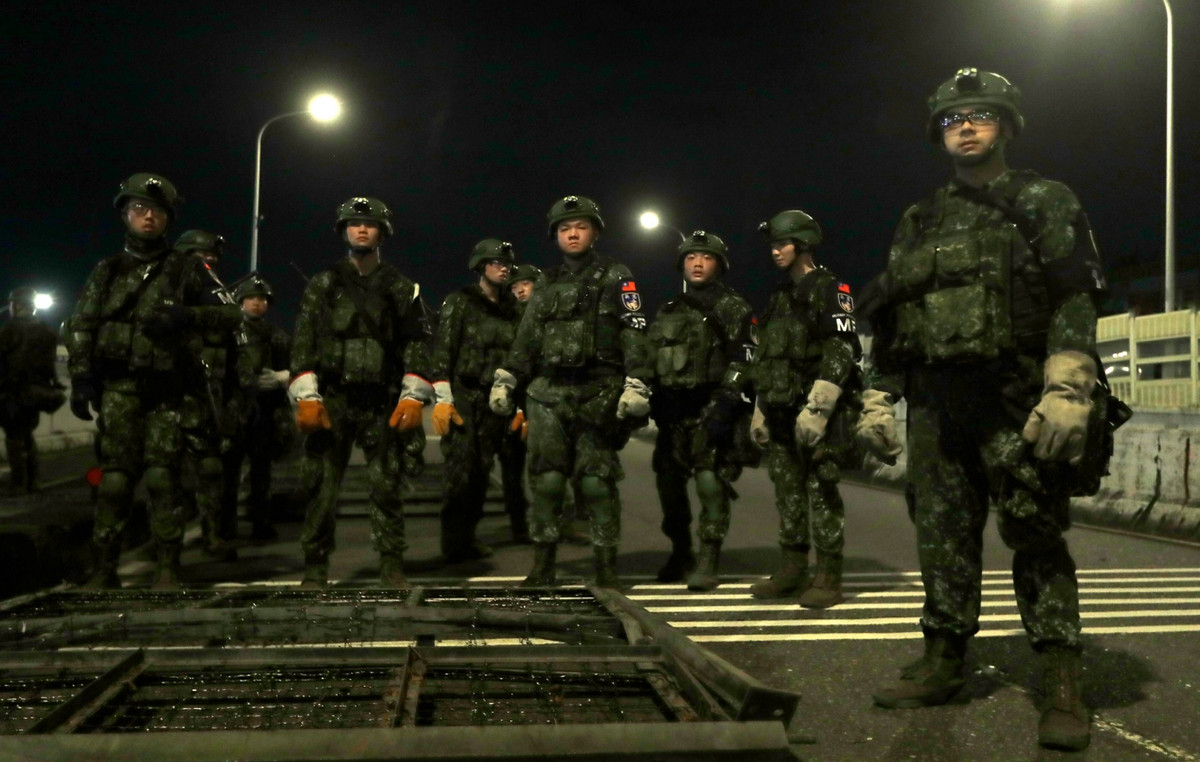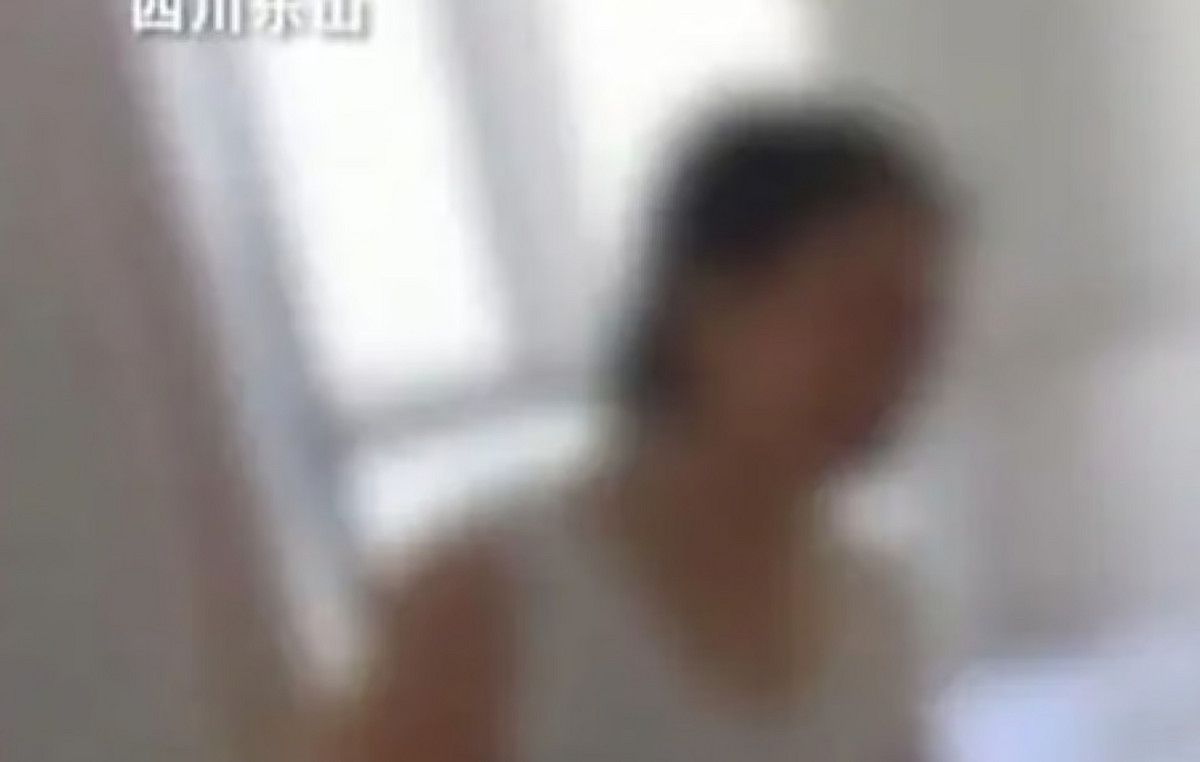The candidate for Mayor of São Paulo Guilherme Boulos (PSOL) showed a toxicological test during the debate held by TV Globo, this Thursday (3). Boulos showed a negative result for detecting cocaine in his body, refuting accusations made by candidate Pablo Marçal (PRTB) about the use of narcotics.
Furthermore, the federal deputy also asked Marçal to take a psychotechnical exam, which assesses perception, reasoning, coordination and decision-making capabilities. The toxicological examination aims to identify the body’s contact with a toxic substance.
Grupo Fleury’s toxicologist, Alvaro Pulchinelli, responsible for Boulos’ report, spoke to CNN and explained how the exam works.
The doctor said that the uptake can be done through blood, saliva, urine, hair, or body hair. “The difference is the length of the substance’s detection window,” he said.
Read below all the details of the toxicological and psychotechnical tests
Toxicological
Pulchinelli, who is Technical Director of Forensic Toxicology at Fleury, states that the test evaluates the presence of the “mother drug” and metabolites in the body, which are substances already metabolized by the body.
After collection in the exam, which is quick, the sample goes through two phases. In screening, it is now possible to determine the presence or absence of drugs. According to the doctor, it is a very sensitive and precise phase.
If the result is negative, there is no next step. If it is positive, the sample goes to the Confirmatory stage, where the result is definitive.
During the examination, doctors use two methods to identify substances, the main one being mass spectrometry. See below:
- Mass spectrometry : the analyzed molecule is “pumped”, breaking into several different particles, with different sizes and electrical charges.
- Chromatography : the analyzed molecule is placed in a column to separate the components of a mixture.
Both techniques seek to separate the toxic substance from the molecules. The exam is quick and, depending on the laboratory’s demand, the results will be available within a few days.
The doctor explains that, although collection can be carried out from different sources, there is a difference in relation to the drug detection window.
“After the effect of the drug in the body wears off, samples of the substance are still present in some parts of the body, for different periods.”
For example, the substance can be identified in blood and saliva for up to 36 hours. In urine, it is retained for up to 10 days.
In hair, it depends on the size of the strands. The larger the hairs, the longer the drug can be identified. By analyzing body hair, it is possible to verify contact with illicit substances within 180 days.
The doctor also spoke about the situations in which the toxicological test is applied.
“It is mandatory for drivers who want to renew their driving license, people who work as drivers with a work permit (CLT) and those who work in aviation. The test can still be done to prove legal issues or rehabilitation in a clinical demand”, said Pulchinelli.
Psychotechnician
The National Road Safety Observatory explains that the test is mandatory to obtain a CNH (National Driving License).
The positive evaluation ensures that drivers are able to act safely and responsibly on the road.
The exam carried out by the State Department of Traffic (Detran) is carried out by a psychologist in a specialized clinic and can last up to one hour.
According to the Observatory, the main characteristics evaluated by the exam are:
- Attention: ability to concentrate
- Behavior: response time
- Motor Coordination: control of precise movements
- Memory: ability to remember traffic rules
- Personality: emotional control
THE article 9 of resolution 425/12 from the National Traffic Council (Contran) cites four possible results for the exam: Fit; Fit with restrictions; Temporary unfit; Unfit
This content was originally published in Find out what toxicological and psychotechnical tests are like, mentioned in a debate in SP on the CNN Brasil website.
Source: CNN Brasil
I’m James Harper, a highly experienced and accomplished news writer for World Stock Market. I have been writing in the Politics section of the website for over five years, providing readers with up-to-date and insightful information about current events in politics. My work is widely read and respected by many industry professionals as well as laymen.







